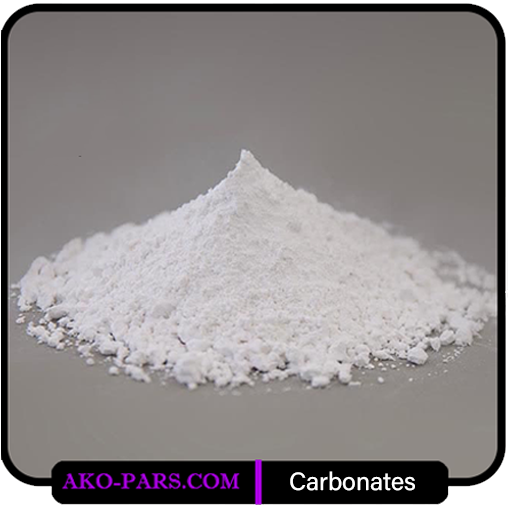
Calcium carbonate is a key ingredient in producing cement, concrete, and hydrated lime. It is also utilized in making tiles and ceramics.
2. Chemical Industry:
Sodium carbonate , or soda ash, is crucial in manufacturing glass, detergents, and paper, and serves as an alkaline agent in various chemical processes.
3. Food Industry:
Calcium carbonate is used as a dietary supplement to enrich food products with calcium. It also functions as a pH regulator and a bulking agent in certain foods.
Carbonates are employed in pharmaceuticals to create antacids for neutralizing stomach acid and as fillers in tablet production.
5. Paper and Printing Industry:
Calcium carbonate is used as a filler and brightener in paper production, enhancing the smoothness and texture of the paper.
6. Plastics and Polymer Industry:
Calcium carbonate is used as a reinforcing filler in plastics and polymers, improving mechanical properties and reducing manufacturing costs.
7. Agriculture:
In agriculture, calcium carbonate is applied to adjust the pH of acidic soils, thereby promoting better plant growth.